By Laura J. Gates
You could say Emmy Sitayo opened the Matonyok Children’s Home in Tanzania “by accident.” She was working with disabled children and just kept bringing them home.
In her community where resources are scarce, children with special needs are often seen as a burden. Tanzania is among the poorest nations in the world with children under 18 representing 51% of the population. Many have lost parents to HIV.
Northern Tanzania is the ancestral home to the Maasai tribe, a semi-nomadic, cattle-revering people known for their bright red robes. Most Maasai girls are not educated and may be married off as young as age 9 in this polygamous tribal culture.
Emmy herself is Maasai, but her parents became Christians under the discipleship of German missionaries. Emmy’s husband, Penial, is the son of a German missionary and a native Tanzanian who studied music in Germany. Emmy was fortunate to receive an education and became a nurse specializing in therapy for people with disabilities.
When she realized some of the children coming to her clinic were abused or neglected, she offered to take them home for a while—to give them attention and give the parents a reprieve. The parents never wanted them back.
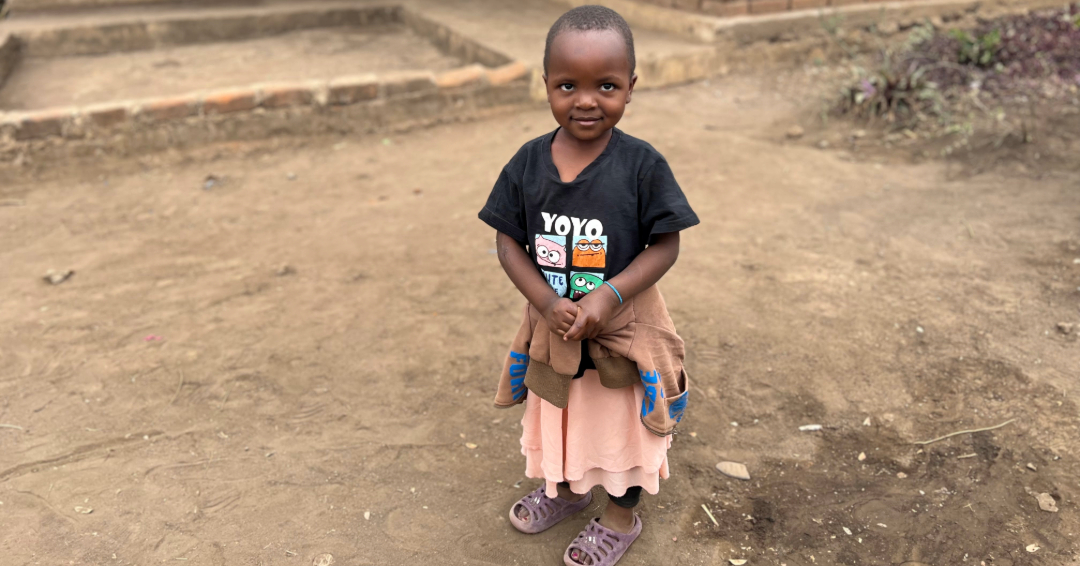
“Peniel carried one on his shoulders and supported one by hand, and I carried one on my back and supported two more children,” she recalled of the day the first five Maasai children with physical and mental disabilities came to live at their home.
Two months later, the number of abandoned children in their care had jumped to 25.
“My husband was working as a farmer to grow the food for our home,” Emmy said. “Government leaders told me to get a social welfare permit. Many people from the community helped support with what they have.”
They named the home “Matonyok” which means “make an effort” in Swahili, “because (the community) said, ‘Let us make an effort to care for these children.’”
Now 57 children live full-time at the home, calling Emmy and Penial “Mami and Daddy.” Even more attend the Matonyok Primary School where Emmy is the headmaster and Penial is a musician and teacher. The 111 children attending the school are among the most vulnerable—the orphaned and disabled.
A few dedicated teachers work for minimal salaries. They teach the same basic curriculum used at other Tanzanian schools while adding Bible instruction.
“We teach them to sing, pray and learn Bible verses,” Emmy said. “It is the heartbeat of our home. We try to teach them about Jesus.”
Matonyok Children’s Home currently has 13 staff members, including teachers, cooks and gardeners. They raise pigs and chickens and grow crops like maize and chickpeas. Meat protein is rare.
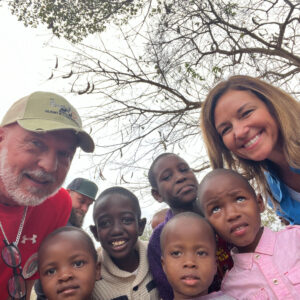
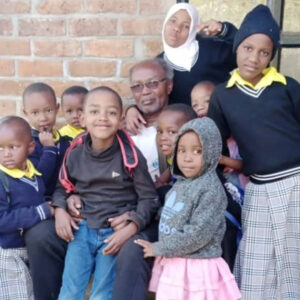
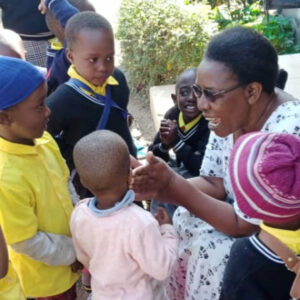
The home has dormitories for girls and boys, but overcrowding often necessitates they sleep four to a bed. Haven of Hope is helping raise funds for infrastructure improvements including family-style sleeping quarters with individual beds, a perimeter fence for security and a reliable source of clean water.
“Before I met Alice (Sweet), I was praying to get a donor who knows God and prays,” Emmy said. “God brought Alice and Haven of Hope to me. She is the first one to come and say, ‘I want to support you.’ She is the one who God planned for us.”
At her first visit to Matonyok, Alice was moved to tears by Emmy’s heart to love and lead these children whom others discarded. She nearly melted when the children gathered to sing worship, jumping and clapping with joy.
At Christmastime, Haven of Hope provided funds for modest gifts. Emmy and the children didn’t want to receive without giving something away, so they asked if they could bless senior citizens in their community with bags of food.
“I am making a family that learns they need to support other people when they are older,” Emmy said. “When they are blessed and have their own resources, they need to support others who are not able to have what they have.”
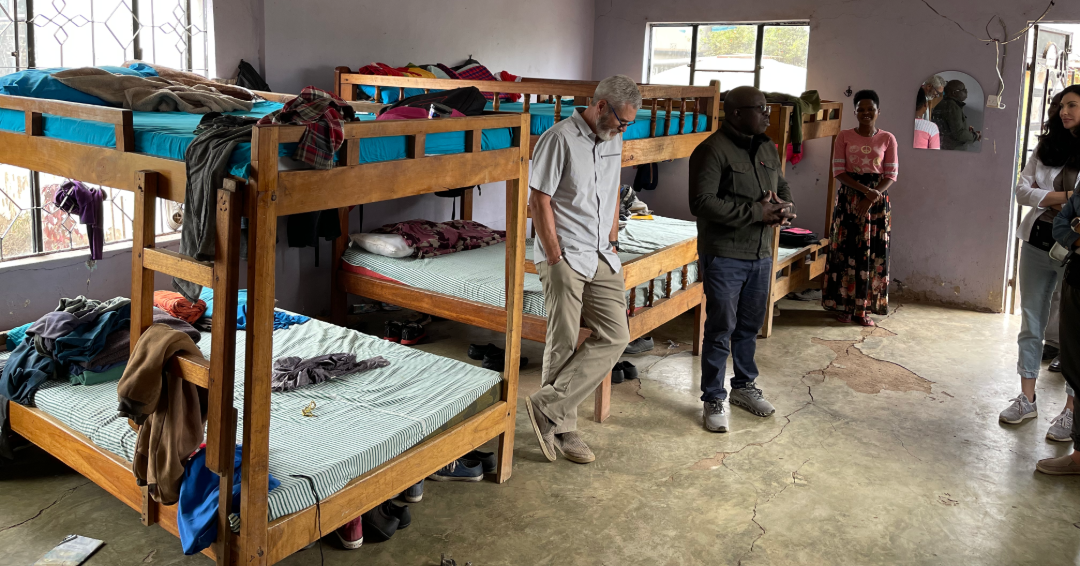
At Christmas time, Haven of Hope provided funds for modest gifts. Emmy and the children didn’t want to receive without giving something away, so they asked if they could bless senior citizens in their community with bags of food.
“I am making a family that learns they need to support other people when they are older,” Emmy said. “When they are blessed and have their own resources, they need to support others who are not able to have what they have.”
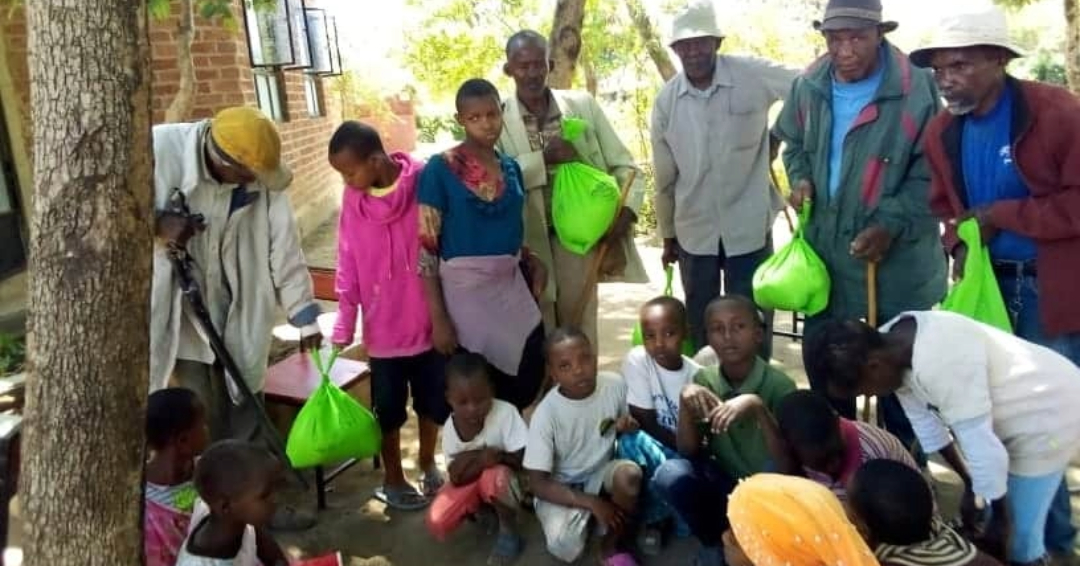
Haven of Hope is helping support the education of the Matonyok children beyond elementary school. Currently, three children are enrolled in universities, three are in transitional programs to learn vocations like tailoring, and two are in secondary school.
The sustained commitment of Emmy and Penial, along with several longtime Matonyok staff members, fosters a sense of stability for the children. Nurturing the development of children who have experienced abandonment and adversity isn’t easy, so Haven of Hope has come alongside to provide training in trauma-informed care.
HOHI is also helping the orphan home make connections with local professionals—psychologists, social workers, medical providers and agricultural experts to help with sustainability. U.S. donors can provide three nutritious meals a day for one child with a gift of just $25 a month.
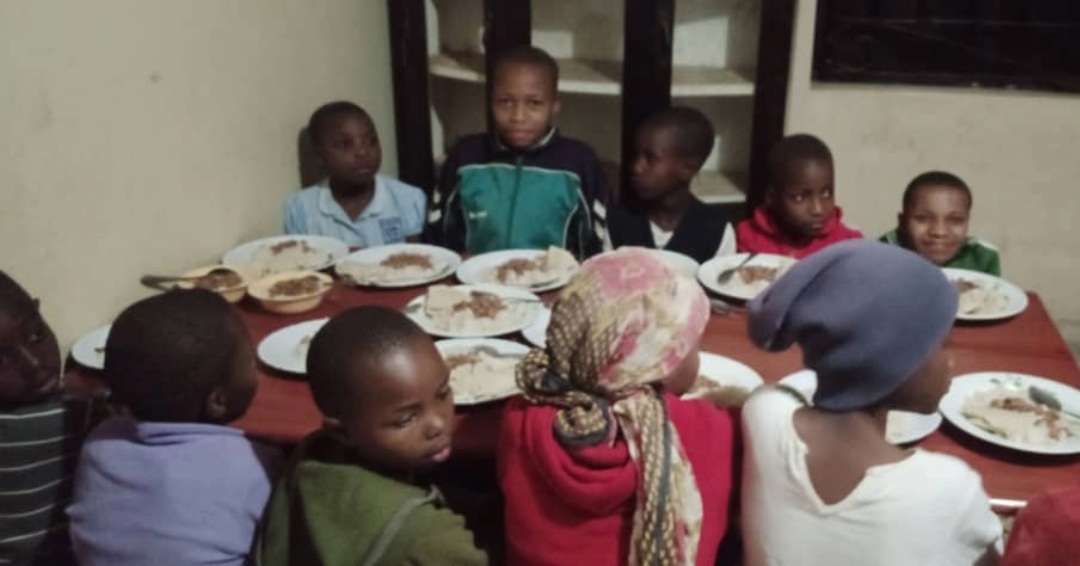
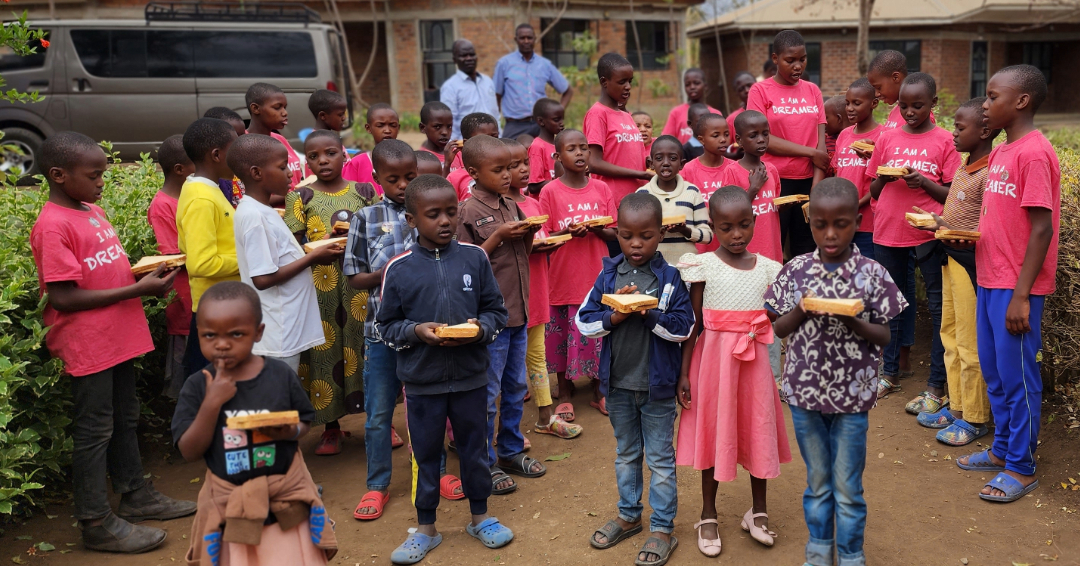
“I say God has planned everything,” Emmy said. “He planned for Haven of Hope to help these children.”
Even as they pass the age that would be considered “retirement” for most Americans, Emmy and Penial can’t imagine any other way of living.
“I like to be with the children, teach them and help them make a good plan to achieve,” Emmy said. “I pray God can give me energy to do it until the end of my life.”
